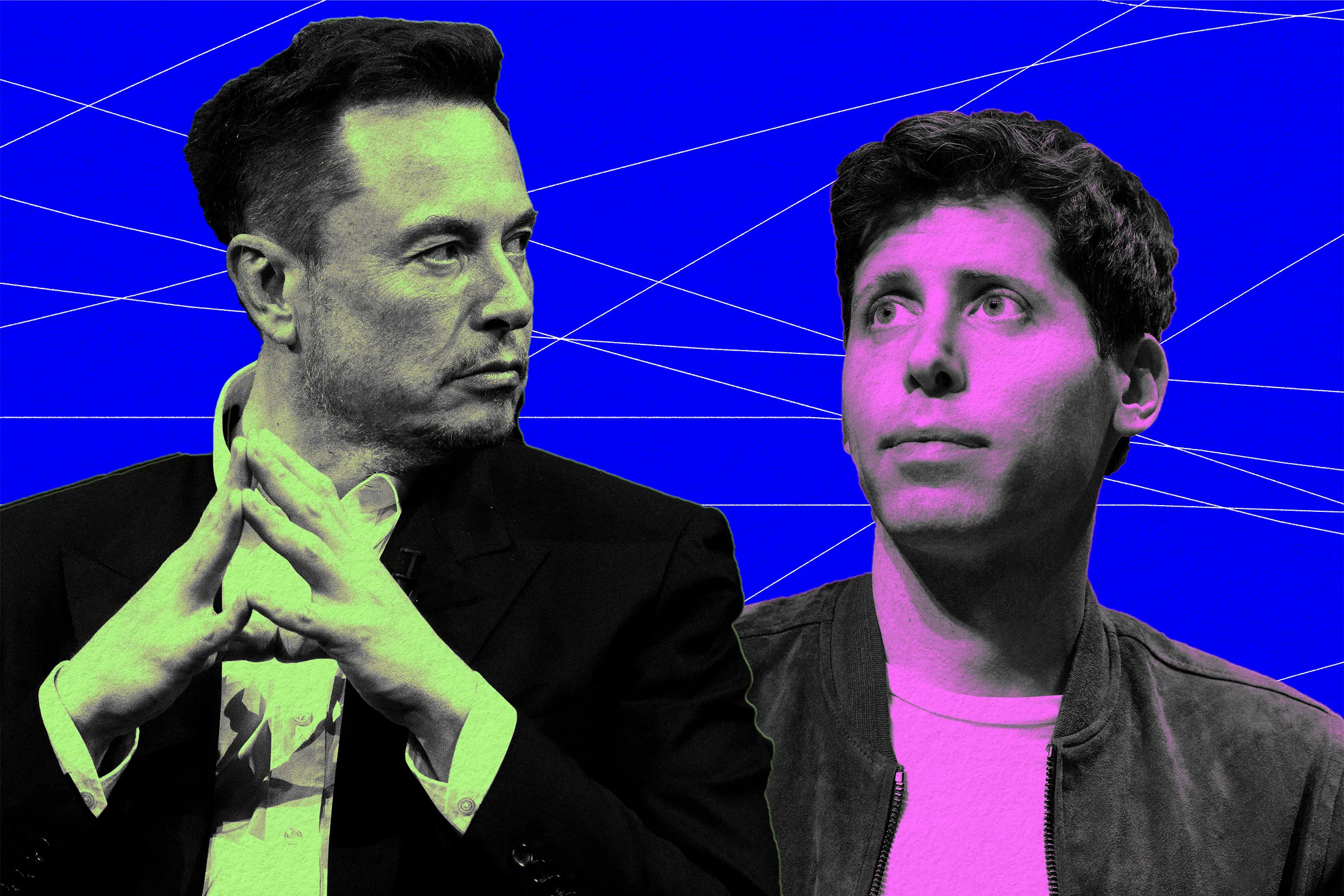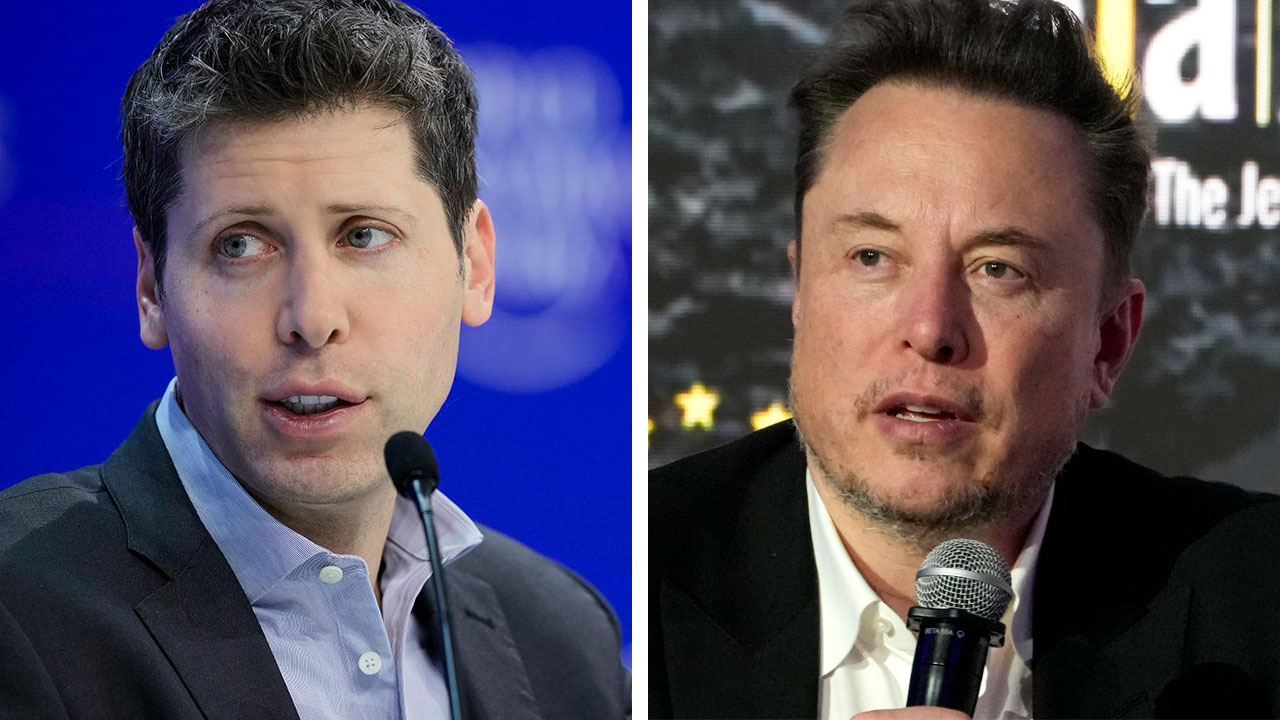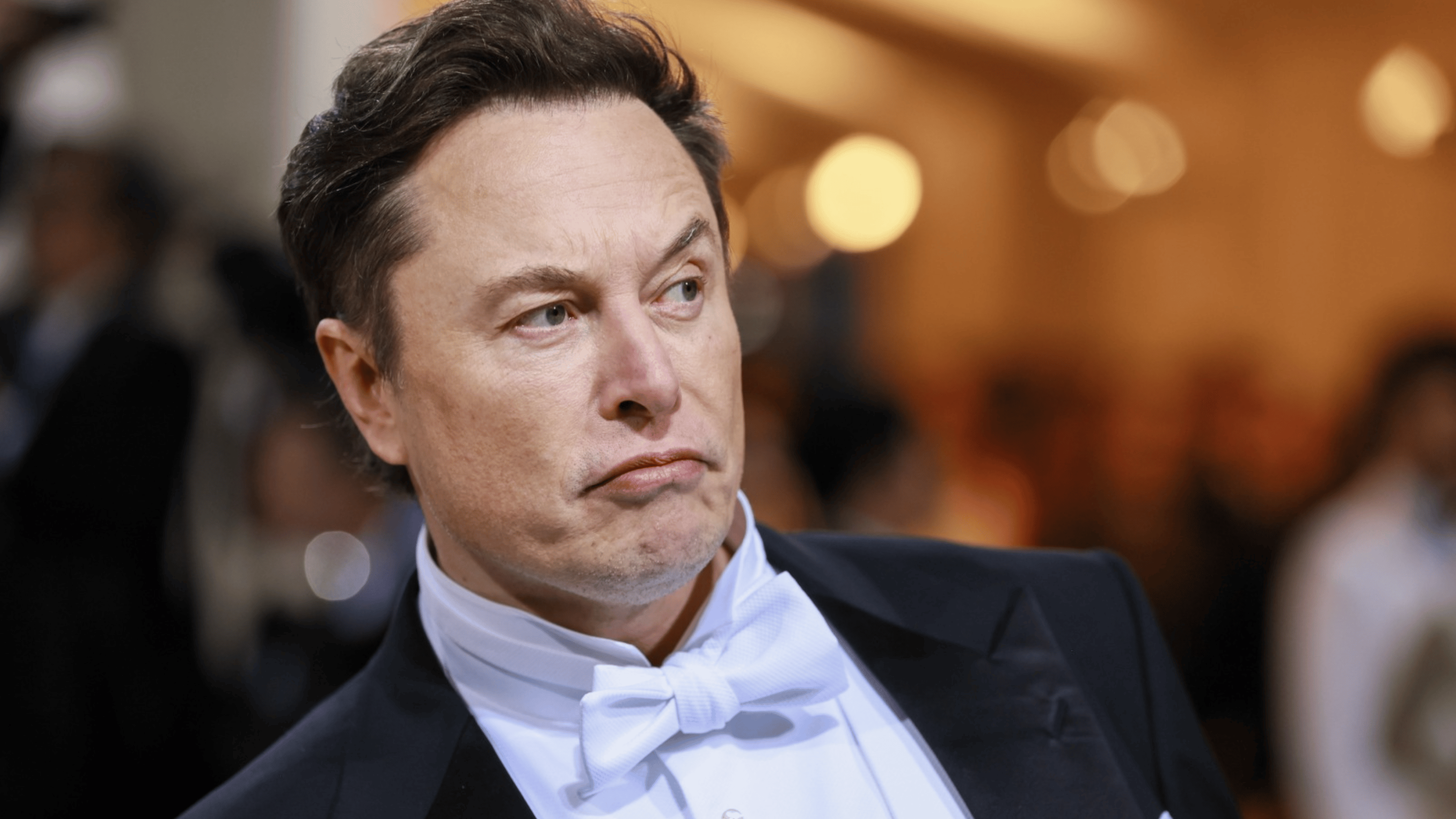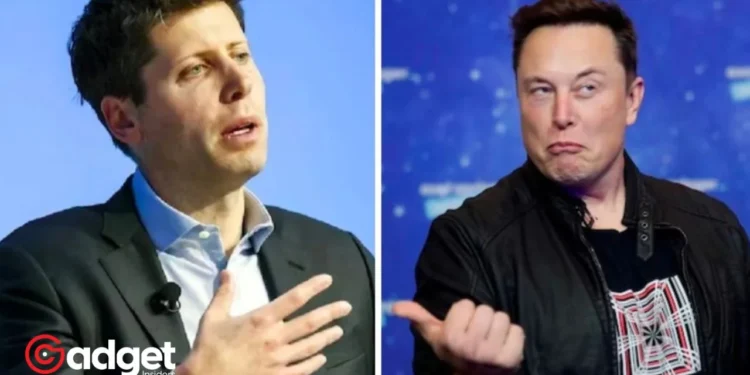In an unexpected turn of events, Elon Musk, a key figure in the early days of OpenAI, has launched a legal battle against the very company he helped to establish. This lawsuit has not only grabbed headlines but also raised critical questions about the future direction of artificial intelligence (AI) and its implications for humanity.
Musk’s legal action against OpenAI and its CEO, Sam Altman, marks a significant departure from his initial role as a supporter, transitioning him into a formidable challenger in the courtroom.
OpenAi vs. Elon Musk: The Core of the Conflict
At the heart of this legal confrontation is Musk’s allegation that OpenAI has deviated from its original mission. According to the lawsuit filed on Thursday, OpenAI was envisioned as a not-for-profit entity committed to developing AI technology for the greater good, free from the influence of any single corporation.
However, Musk contends that the organization has strayed from this path, becoming a “closed-source de facto subsidiary” of Microsoft, a global technology titan. This shift, he argues, prioritizes profit over the altruistic goals the AI company was founded to pursue.

The lawsuit specifically targets the partnership between OpenAI and Microsoft, accusing it of undermining the founding principles of the company. Musk’s demands are clear: he seeks to compel the AI venture to revert to an open-source model and to prevent any for-profit collaborations with Microsoft or others.
Furthermore, he requests a legal declaration that ChatGPT-4 and the forthcoming Q* technology constitute artificial general intelligence (AGI), and thus, should not fall under the OpenAI-Microsoft partnership.
A Divided Vision
OpenAI’s journey from its inception in 2015 to the present day reflects a significant evolution in its approach to AI development.
Initially, Musk and Altman shared a unified vision of creating a platform that would act as a safeguard against the potential dangers of AI, ensuring that advancements in this field would benefit all of humanity. This commitment to an open, non-commercial approach was a cornerstone of the company’s identity.
However, the divergence in this vision became apparent when Altman proposed the introduction of a for-profit arm to OpenAI, a move Musk opposed.
The subsequent investment by Microsoft in 2019, which secured a significant stake in the company, signaled a decisive shift towards commercialization, a move Musk equates to a betrayal of the company’s founding principles.

The Voice of Concern
Amidst this legal tussle, voices from the AI community have emerged in support of Musk’s stance. Roman Yampolskiy, a professor and AI expert, echoed Musk’s concerns, suggesting that the lawsuit was long overdue. “Both the world and humans are at risk,”
Yampolskiy’s apprehensions center on the potential risks associated with OpenAI’s current trajectory, particularly the development of AGI. The transformation of OpenAI into a profit-driven entity, he argues, compromises the safety and ethical considerations vital to AGI research.
Elon Musk sued OpenAI and its chief executive, Sam Altman, saying the AI startup had breached its contract by prioritizing profits instead of seeking to benefit humanity. https://t.co/ANS0s2Vfb5
— The New York Times (@nytimes) March 1, 2024
The concept of AGI, machines with human-like cognitive abilities, represents a significant leap in technology with profound implications. The fear is that without the right safeguards, such advancements could pose existential risks to humanity.
The Uncertain Battle Ahead
The outcome of Musk’s legal challenge is shrouded in uncertainty. Facing the combined might of Microsoft and OpenAI, Musk’s quest for a return to OpenAI’s original ethos is a daunting one. The legal complexities and the far-reaching implications of the case mean a resolution may not be forthcoming anytime soon.
Despite the odds, supporters like Yampolskiy remain hopeful of Musk’s success, not just for the sake of victory but for the broader implications for AI development and its impact on the world. The sentiment that “Elon always wins in the end” reflects a belief in Musk’s ability to effect change, even in the face of formidable challenges.

As this legal drama unfolds, it serves as a poignant reminder of the ethical and moral dilemmas that accompany the advancement of AI. The battle between Elon Musk and OpenAI is not just a legal dispute; it’s a fight for the soul of artificial intelligence, with the future of humanity hanging in the balance.
https://youtu.be/gQ5AhDf6eZM










